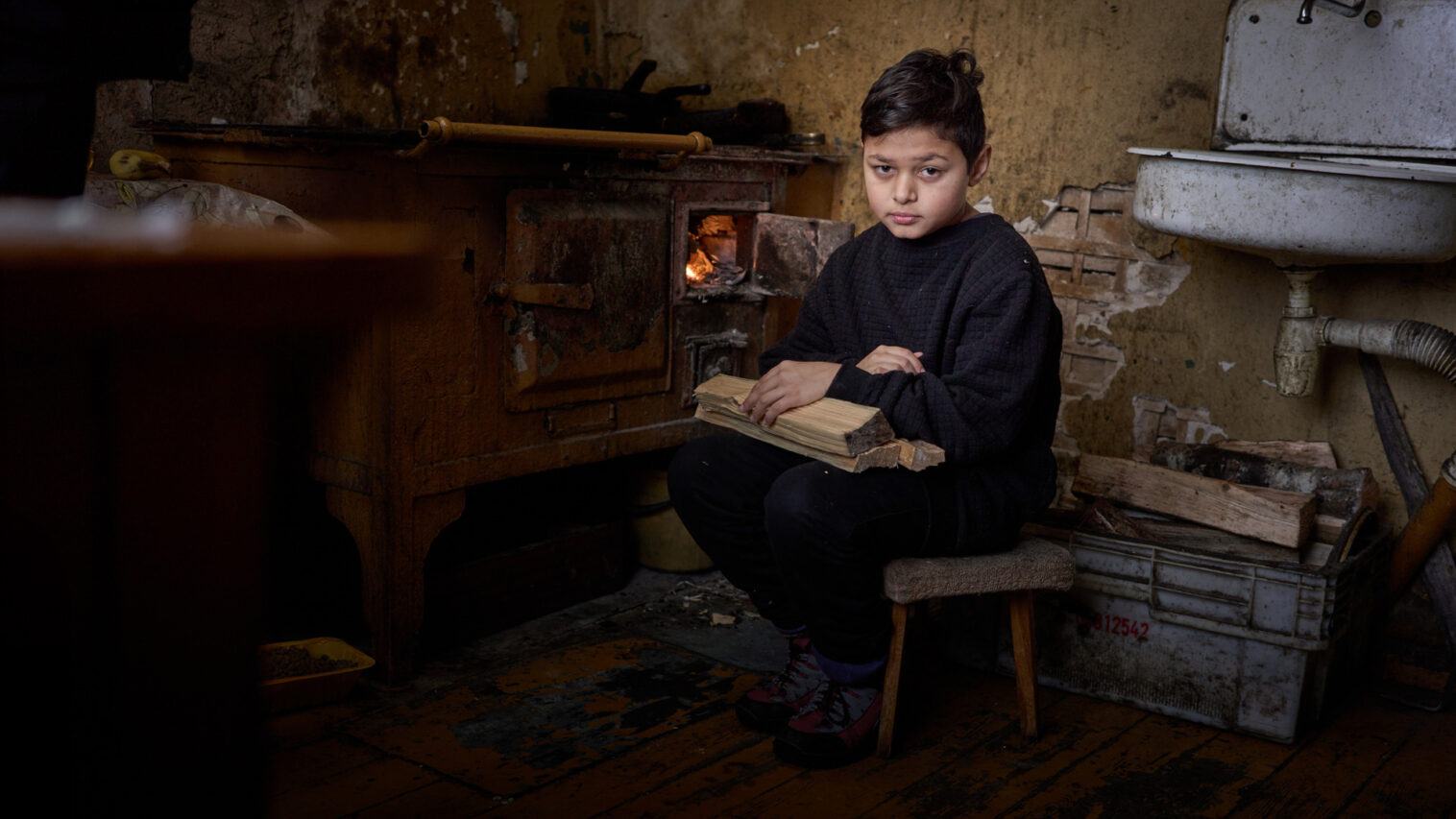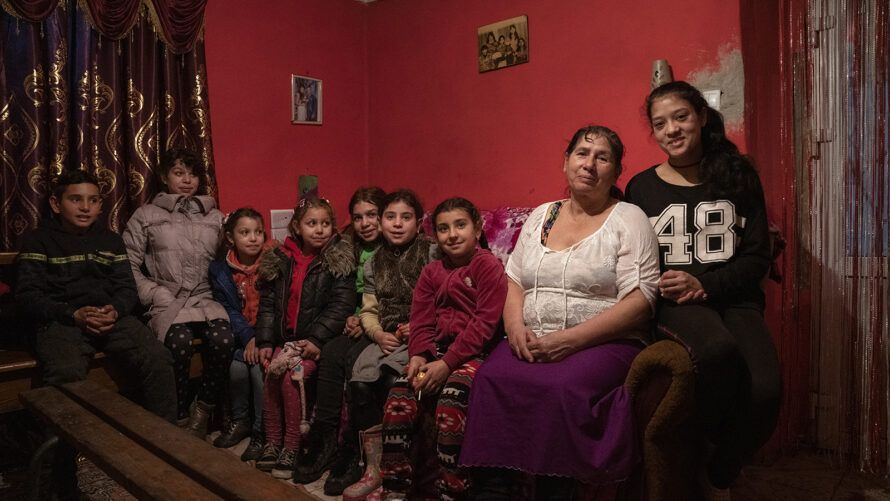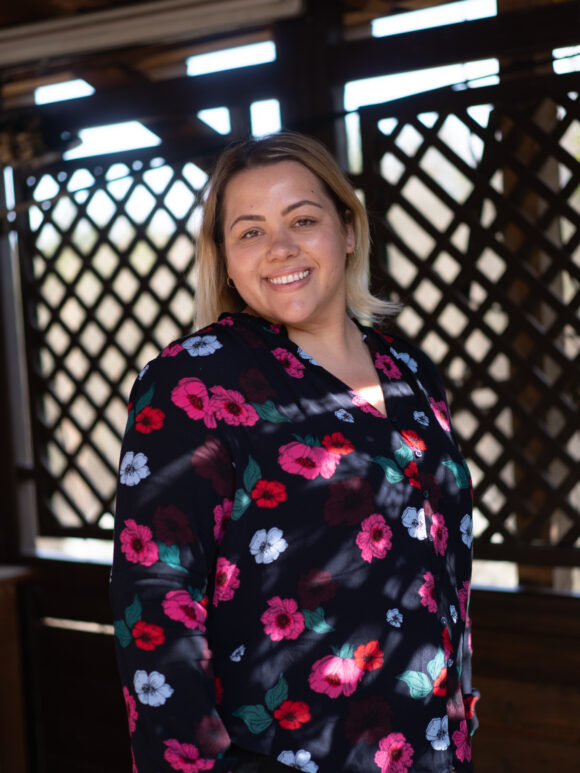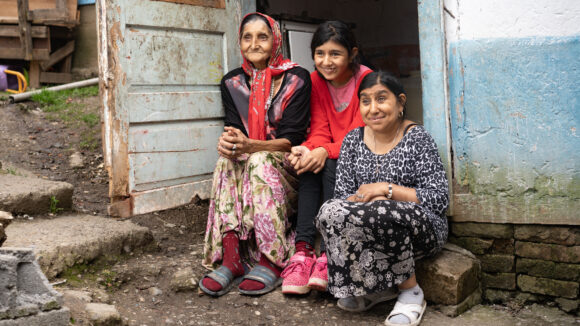Roma ministry in europe
Fida is working among the Roma in 10 european countries together with Life And Light -organisation.
Fida is working among the Roma in 10 european countries together with Life And Light -organisation.

The Roma are the largest minority group in Europe, with an estimated five million living in Eastern Europe alone. Together with local churches, we bring hope for the Roma in 10 countries.
More than a third of working-age Roma in Europe are without income. Major challenges for Roma communities include discrimination, lack of education, and unemployment. Many families earn a living by begging or collecting waste.
Fida, together with the Life and Light Association, conducts mission work among Roma people in 10 European countries. Since the issues facing Roma communities are similar, effective practices can be applied in multiple countries. Increasing numbers of Roma are embracing the Good News of the Gospel, which has the power to transform both individuals and entire communities.
This work is known as ‘For the Least of These’.


Children and young people are at the heart of our work. Our preschool and after-school clubs support children’s education and help break the cycle of poverty that has persisted for decades. This cycle is one reason why so few Roma have completed school or learned to read and write. Summer camps are also organised for children and young people.
Fida is also committed to empowering Roma women. The support they receive benefits the entire community, as they hold significant influence within Roma families. Handicraft workshops and literacy classes are organised for women to help them develop practical skills and improve their employability.
key facts about our roma ministry:
Fida also supports church planting in areas populated by the Roma. These communities are often located far from existing churches, and many people are unable to travel long distances.
Multi-purpose activity centres are being built in Roma villages. In addition to spiritual activities, these centres offer homework clubs for children and food distribution for families. They can also be used for running a community shop, kiosk, or even a flea market.
There is a need for material assistance in Roma communities, as almost everything is in short supply. Deliveries to the villages include firewood, clothing, and food, and school supplies and books are provided to students.
This assistance is a way to demonstrate God’s love to the Roma, who are often marginalised within their societies.


I believe that one day there will be a church in this village where Roma people can praise God and testify to how He can transform a person’s life.
Eldina Grabovic, ministry specialist in Poljice, Bosnia Herzegovina
read more







